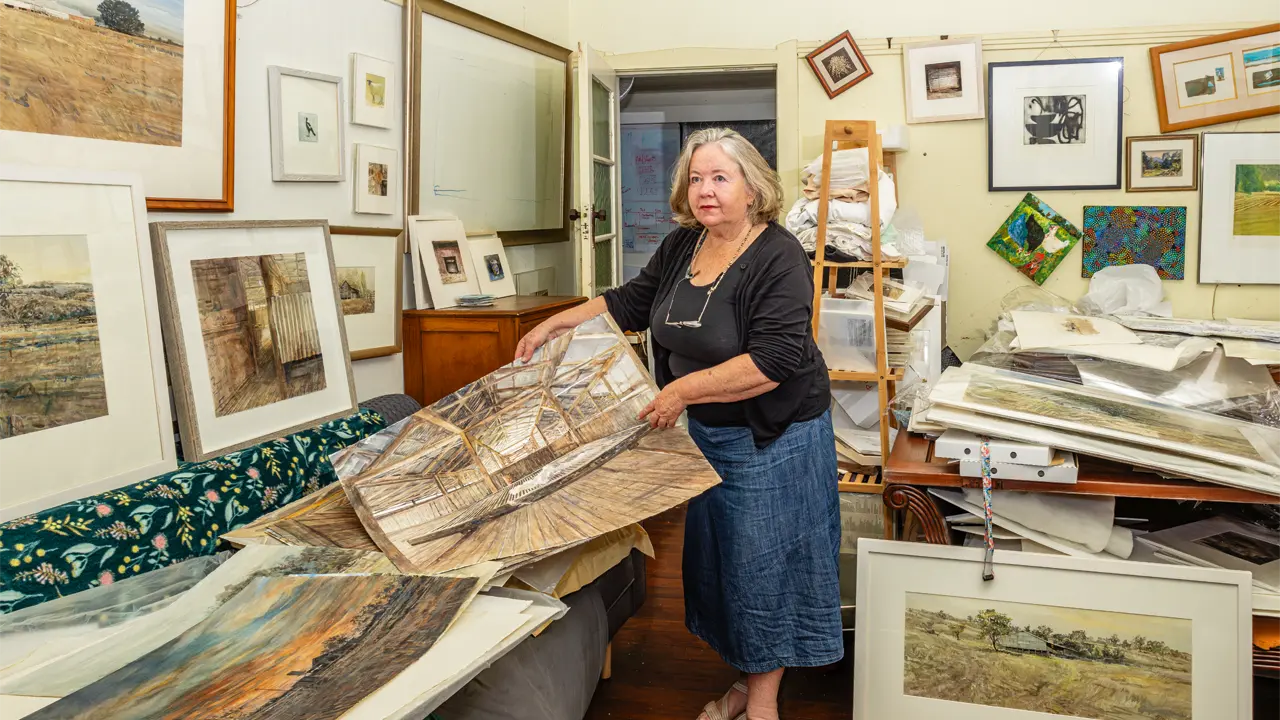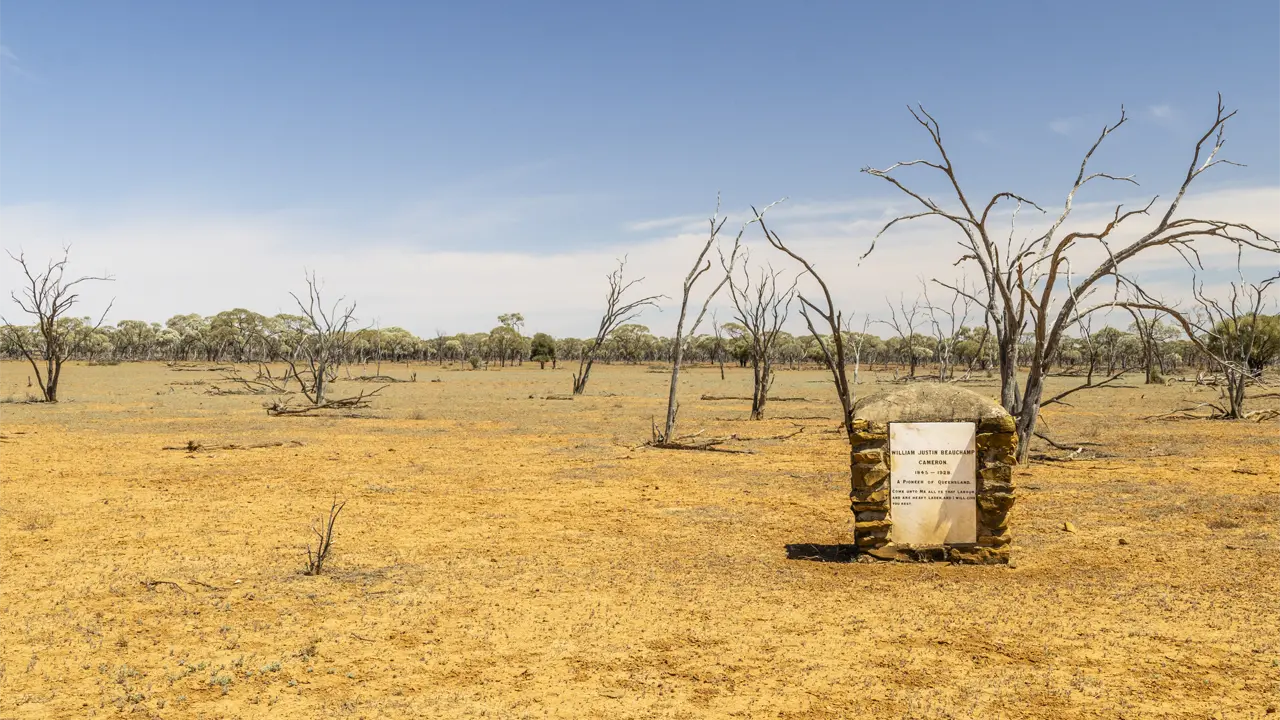At just 33 Ben Fargher is doing the only job he ever wanted – heading the peak national body for Australia’s farmers.
Story By Robert Milliken
Of all Ben Fargher’s experiences growing up on a farm at Warren, in western New South Wales, few stick in his mind as strongly as the day his family closed the gate and left. “It was a very sad day,” he says. “I know we’re running agriculture as a business in this country. But you can never disconnect from that emotional tie to the land.”
Ben was 18 at the time. Now, at 33, he is chief executive of the National Farmers Federation (NFF), the main lobby group fighting for the interests of Australia’s 130,000 farmers. Unlike some hit more recently by the worst drought in memory, the Fargher family’s departure from their place in the early 1990s was not a distressed one: Ben’s father, John, decided it was time to relocate his young family back to their home state of South Australia.
Ben later took a degree in agricultural science at the University of Adelaide, followed by a master’s degree in economics from the University of New England. Six years ago, he won a Churchill Fellowship. Now working among the top echelons of Canberra’s policy wonks brings him into daily contact with Australia’s movers and shakers in politics and business. But his outlook remains firmly grounded in the bush, where memories of his family’s capacity to cope with farming’s enormous challenges have left him with an enduring optimism about agriculture’s future.
Ben’s rise to the top of the NFF was no accident. As a kid on the western plains of NSW in the 1980s, when the bush was going through big economic and social change, he took note of the NFF’s prominence as a lobby group under earlier leaders such as Ian McLachlan and David Trebeck. “It will seem strange to some people, but when I was growing up I always wanted to work for the NFF,” he says.
It is a crucial day in Canberra as Ben recalls the path that took him there, and the childhood experiences that helped shape his approach to the job. He wears an open-neck business shirt and trousers, and welcomes a chance to switch off his mobile phone, even if briefly. The federal government is about to announce the second instalment of its $1.1 billion drought-aid package in September; it includes an “exit” grant of $150,000 each for the most debt-ridden farmers to leave their land. In a few hours, the media and farming organisations around the country will be demanding his reaction.
It is a long way from these weighty heights to the spectacular Flinders Ranges of South Australia, where Ben’s family started farming five generations ago. His uncles Warren and Darryl Fargher still run, with their families, “Wirrealpa” and “Martins Well” stations in the eastern Flinders. Ben’s parents, John and Judy, bought “Erlside”, a 2,600-hectare mixed crop, wool and beef property near Warren soon after he was born. When his younger brother Will and sister Georgina came along, “it was five of us against the world”. It was also a different frontier from the strictly grazing world of the Flinders. But Ben credits his father with opening his eyes to a modern approach to farming.
This story excerpt is from Issue #56
Outback Magazine: Dec/Jan 2008









